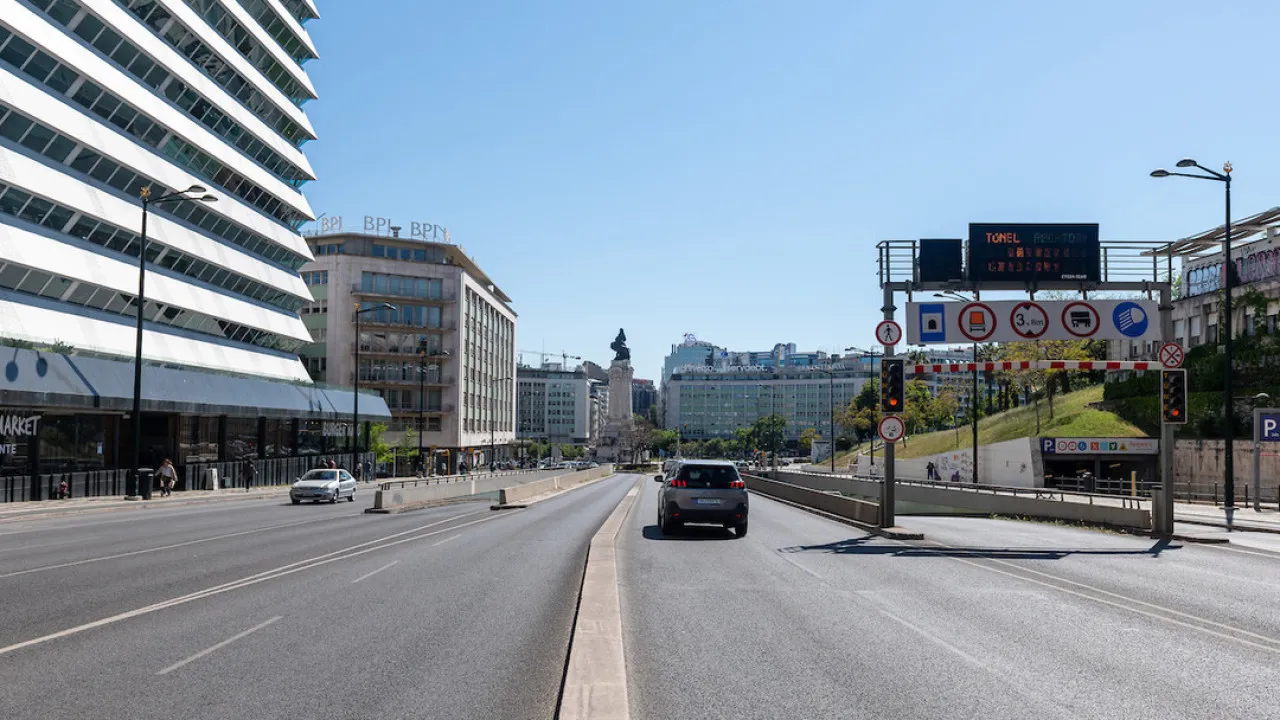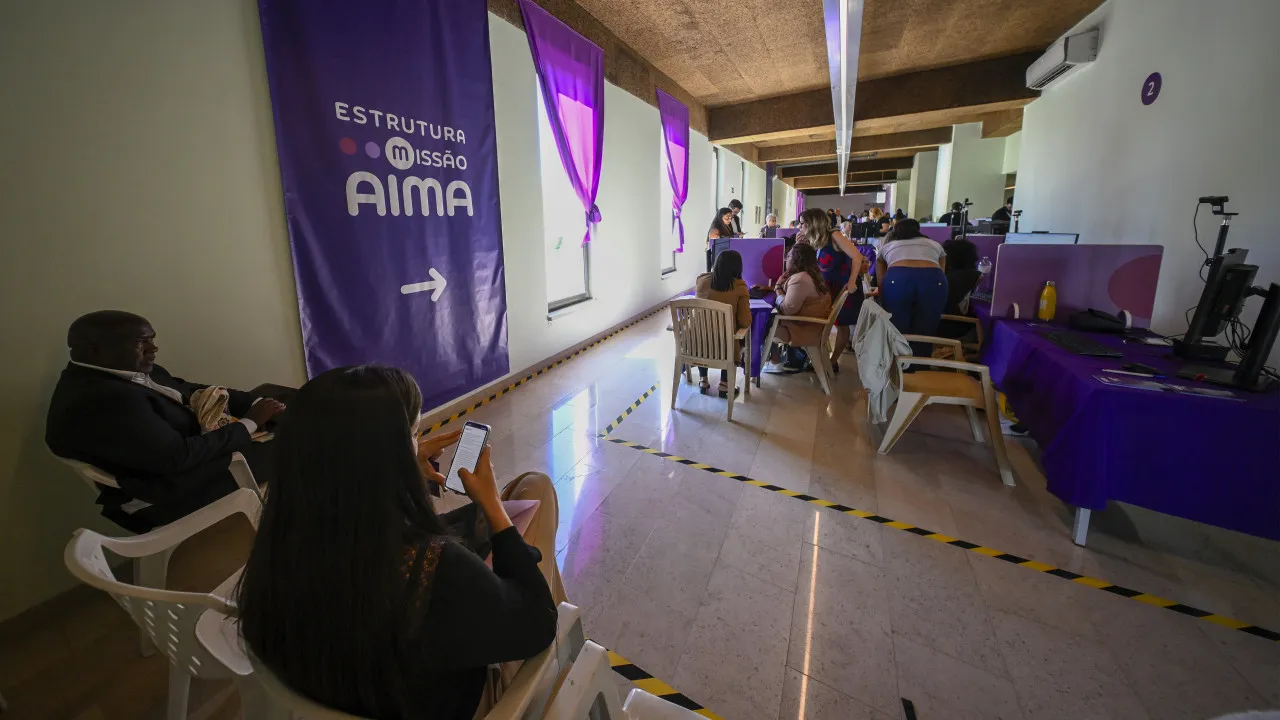The technical report on the basis of the anti-corruption agenda presented by the Government has entered into public consultation, the Ministry of Justice revealed today, stressing the openness of the package of measures to contributions from citizens and institutions.
In a statement sent to newsrooms, the ministry led by minister Rita Alarcão Júdice explained that the document will be open for 30 working days and that it can be consulted online by filling in a form available on the public consultation platform (Consulta Lex).
According to the government, the report sets out the rationale behind the options taken, which resulted in the document announced on June 20 and which defined 32 measures to combat corruption, based on three axes of action: prevention, education and repression.
“Following consultations with parliamentary groups and entities with responsibilities in the fight against corruption, the Government invites all interested citizens and all entities (public or private) to participate in the public consultation, which is now underway,” reads the press release.
The Ministry of Justice also stressed that this new stage in the anti-corruption agenda “also gives meaning” to two of the principles included in the package of measures, namely “strengthening the mechanism of public consultation and deepening the principle of ‘open government'”.
The anti-corruption agenda that the government approved includes a “new mechanism for the extended confiscation of assets”, in some cases without conviction, measures to protect whistleblowers and the extension of reward mechanisms, but it dropped illicit enrichment from the government’s program, on the grounds that this proposal would be unlikely to pass the Constitutional Court’s scrutiny.
Still in the area of criminal procedure, according to the anti-corruption agenda, the executive admits to “re-examining the scope and function of the procedural phase of the investigation, namely in terms of the production of evidence and the control incident to the matter of fact” and strengthening the judges’ powers to conduct and manage the process.
The government also wants to revise the Code of Criminal Procedure, “particularly with regard to appeals, identifying useless and redundant procedural practices”, allowing, for example, appeals to be submitted only at the time of “the decision that ended the case”, and to consider “a revision of the model for access to the Constitutional Court”.








